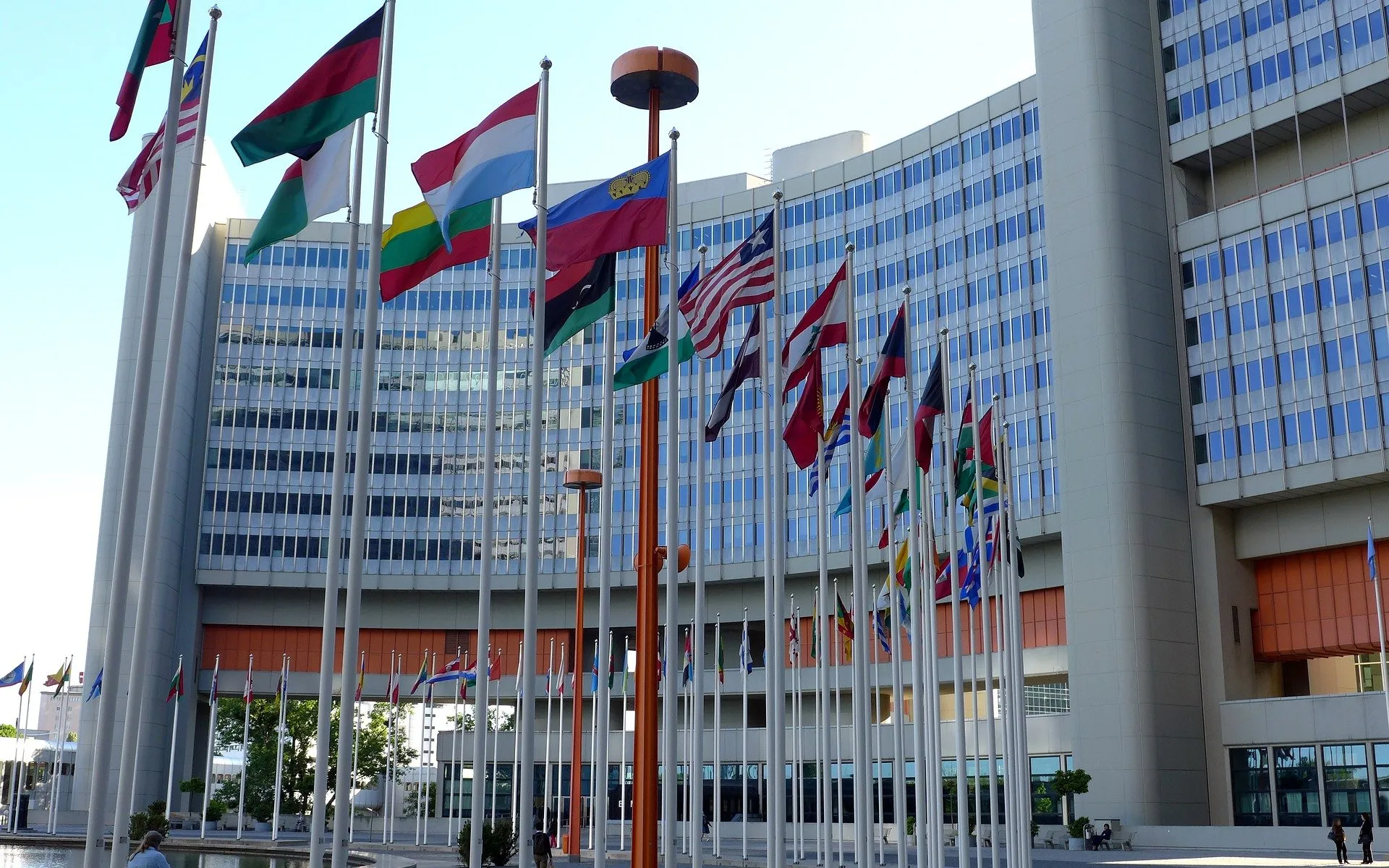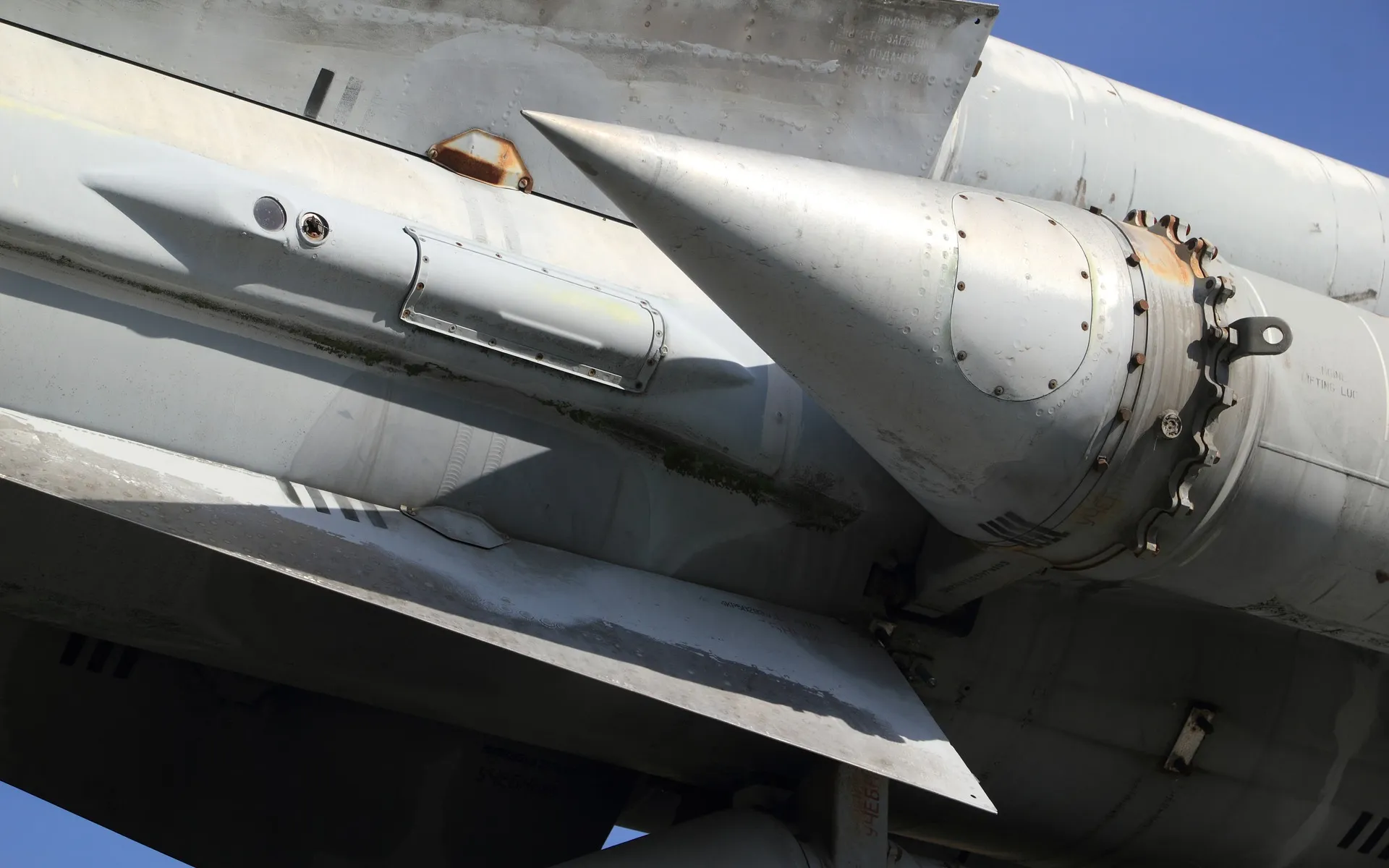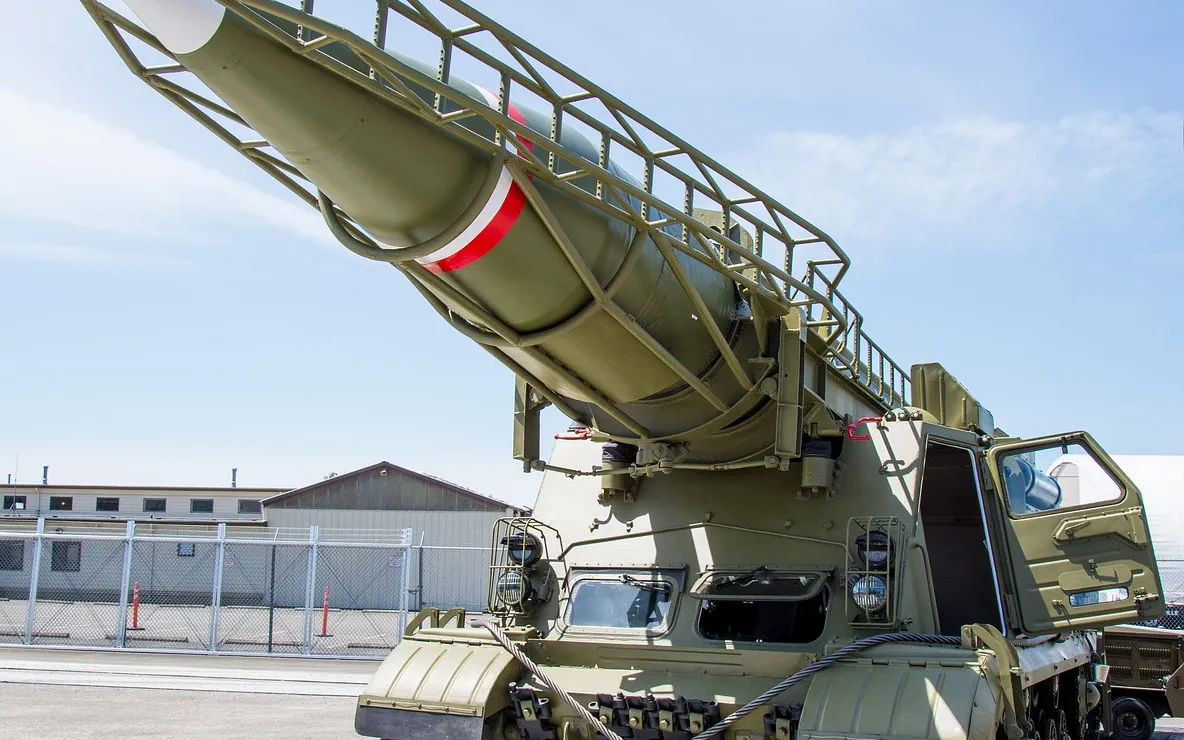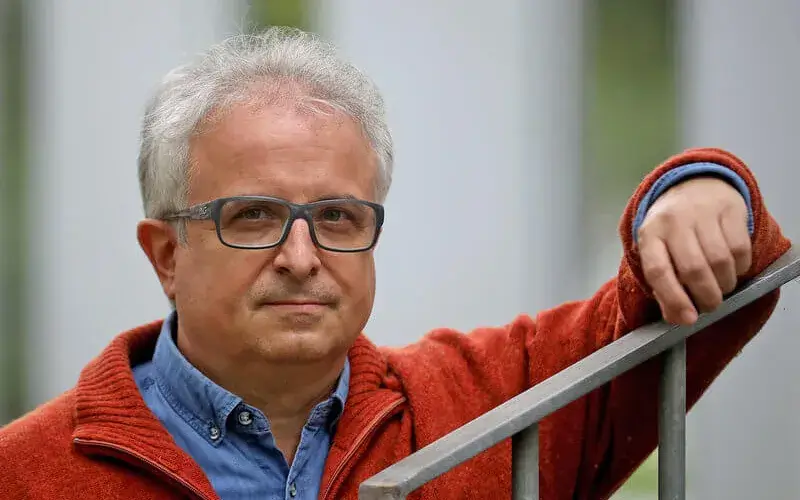The Treaty on the Prohibition of Nuclear Weapons gets the necessary support in order to come into effect
UN has announced that the agreement, ratified by over 50 countries, will be put in place on the 22nd January 2021. Fundipau calls on the Spanish government to join the treaty to ‘protect people’s lives’.
The Treaty on the Prohibition of Nuclear Weapons will be a reality early next year. The United Nations has confirmed that the agreement has reached the necessary 50 ratifications, after Honduras supported the treaty. On the 22nd January 2021 a new chapter will be opened in the field of disarmament, consolidating the ban on nuclear weapons 75 years later since the USA used them for the first time over Hiroshima and Nagasaki.
As the treaty comes into effect, both nuclear and biological weapons will be banned, something unprecedented until now. Nuclear weapons were the only weapons of mass destruction which were not prohibited by an international law, despite of the catastrophic humanitarian consequences they have caused throughout history.
The agreement is ‘a tribute to the survivors of nuclear explosions and tests’, as the UN general secretary António Guterres has stated, a huge historical landmark that Fundipau has celebrated. ‘This is a new chapter in nuclear disarmament. Decades of activism have achieved what was thought as impossible: nuclear weapons are now prohibited’, says Antoni Soler, president of the entity that works for a less violent and more peaceful world.
Along with Honduras, Jamaica and Nauru have been the last countries to ratify the agreement and are part of a list where Austria and Ireland are the only two European states to have signed. The states supporting the Treaty have committed to ‘never under any circumstance develop, test, produce, manufacture or otherwise acquire, possess or stockpile nuclear weapons or other nuclear explosive devices’. The Treaty represents the first multilateral legally binding instrument for nuclear disarmament.
So far, the main nuclear powers of the Security Council, which are the United States, the United Kingdom, Russia, China and France have not signed the accord. The United States not only does not support the treaty, but also has pressured on the states that did sign the accord so they would retreat and would not encourage other countries to ratify it. The Spanish state has not ratified the UN’s agreement either.
Fundipau claims the Spanish government’s support
Fundipau claims to the government of Spain to join the Treaty on the Prohibition of Nuclear Weapons. ‘To protect people’s lives and communities’ survival is the first and foremost responsibility of governments’, states the organisation, who declares that the nuclear threat does exist. ‘As the general secretary of the UN has claimed, to give support to the Treaty on the Prohibition of Nuclear Weapons is an essential step in order to preserve world peace’, they add.
Already in 2017, at the request of Fundipau, the Parliament of Catalunya and the Congress of Deputies approved a nonbinding law for the state government to get involved in nuclear disarmament by supporting the birth of the Treaty. ‘Now that the Treaty is already a reality, and will soon come into effect, it is the moment for the state government to join in with forcefulness and clarity’, explains the Fundipau director Jordi Armadans.









Add new comment